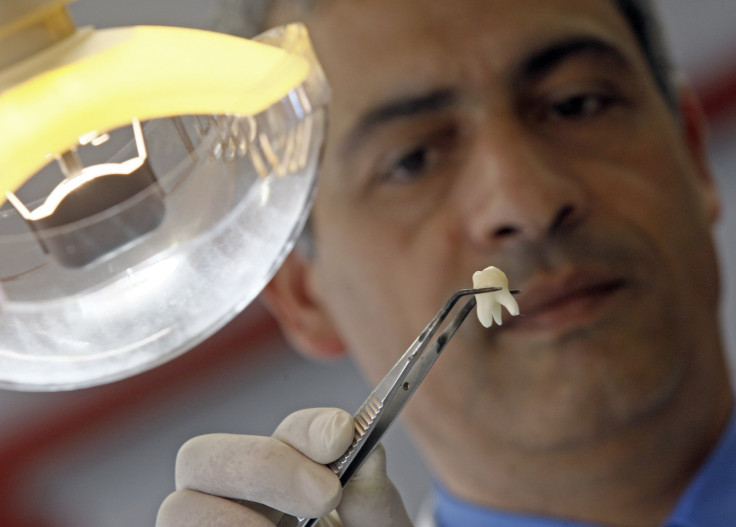Stem Cells From Wisdom Teeth Could Be Used In Corneal Transplantation

Stem cells from wisdom teeth can be manipulated into the cornea of the human eye which could be used in treating corneal scarring in the future, say the researchers in a study published in Stem Cells Translational Medicine on Feb 23, 2015.
Dental pulp stem cells are found in the cell-rich zone of dental pulp and are multipotent in nature, meaning that it has the potential to differentiate into various types of cells. The soft living tissue present inside the teeth could be manipulated in laboratory conditions into desired cell-type depending on the treatment involved.
The stem cells from wisdom teeth is an eye opener of corneal transplantation techniques involving the usage of the patient’s own cells, said zee news. Corneal blindness of a person is generally treated by transplantation of the donor’s cornea, said the senior investigator James Funderburgh, professor of ophthalmology at University of Pittsburgh.
The problems in corneal transplantation include the minimal availability of corneal donors and rejection of the donor’s cornea by the host, said Funderburgh. Using the patient’s own cornea in replacement procedures promise successful transplantation because there would be no rejections, said the researcher.
The stem cells of the dental pulp obtained from either the third molar or the wisdom teeth could be coaxed into corneal stromal cells called keratocytes since the eyes and tooth have the same embryonic origin, said Fatima Syed-Picard from Pitt's Department of Ophthalmology.
Syed-Picard and her team injected the engineered keratocytes into the corneas of healthy mice and found that it wasn't rejected. They also used the keratocytes to develop constructs of corneal stroma resembling the natural cornea of the eyes. She noted that another research showed that dental pulp stem cells could be used in developing neural, bone and other cells. She also added that the dental pulp stem cells have a great potential in regenerative therapies.
To report problems or to leave feedback about this article, e-mail: saranya@ibtimes.com.au





















